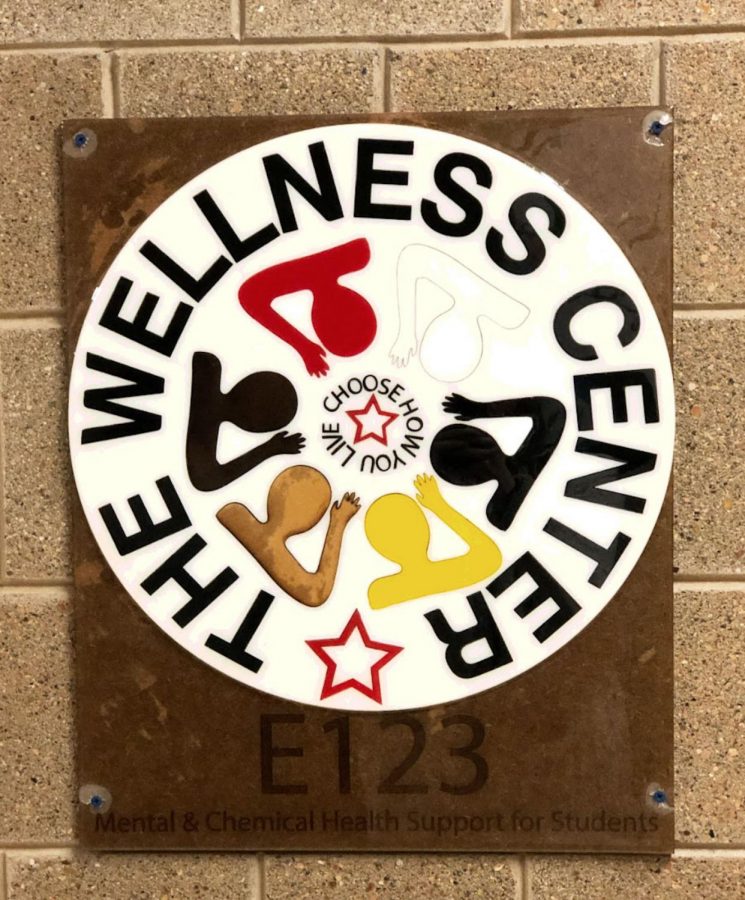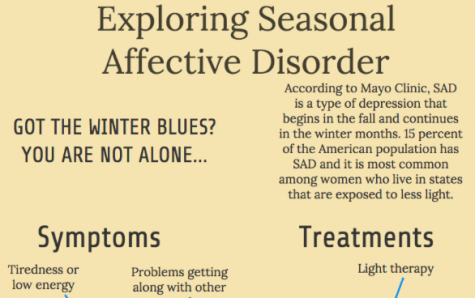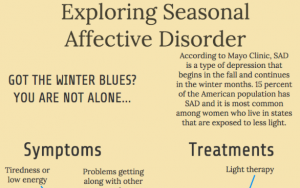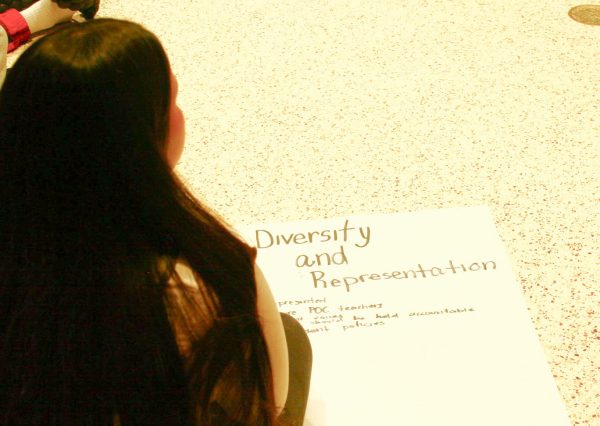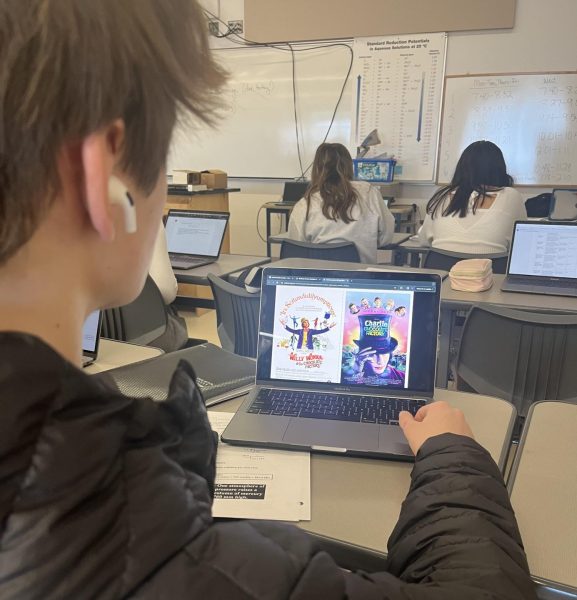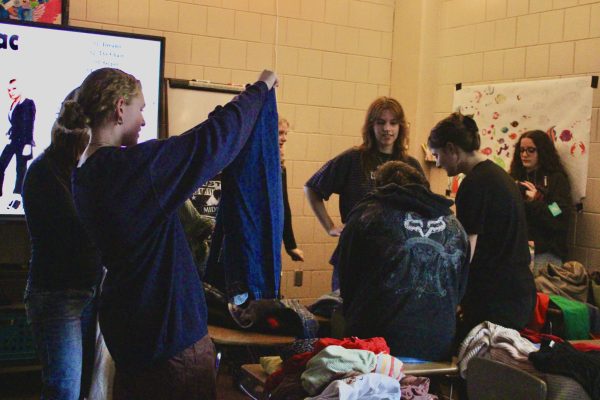Mental health courses spread awareness
Junior Parker Mock enjoys exercising to have a healthy mind, especially in the winter. “It’s really important that teenagers talk to someone, or have a way to cope with a disorder and I think we could learn about that like in a mental health class,” Mock says.
February 13, 2019
Mental illness and teen suicide rates are sharply rising. Concerns with the negative effects of social media, bullying in schools and school shootings have prompted parents and educators to think about offering mental health classes in high schools. Mental health courses should be an option in high schools so students can become educated and know there are other solutions to their problems.
There are many schools across the country that offer mental health classes. Some are standalone courses that students are required to take. For the schools that have experimented with these courses, there has been positive feedback from teachers, parents and most importantly, the students.
The rise of mental health issues in high school students worry parents, educators and teens. Almost 25 percent of people will experience some sort of mental health illness in their lives. Half of those people experience it beginning at age 14.
“I think everybody would benefit from a mental health class,” health teacher Darrell Salmi said. “We teach a lot about it in health classes, but I think there are certainly more areas to be added to that could be taught in a mental health course.”
There is a lot being taught about mental health and coping skills in health classes. But in a mental health course, students could learn more about human development, substance abuse counseling, family counseling, counseling theories and different mental health disorders in depth.
“They briefly talk about it in health class, but a mental health class could be semester-long so it covers everything,” junior Parker Mock said.
Studies have shown teaching high school students about mental health improved their attitudes toward treatment, increased willingness to seek help from a counselor, and boosted their mental health overall. Schools that have offered mental health courses have seen positive results for their students who have or have dealt with some sort of mental health disorder.
“So many people go through some sort of mental health disorder, and I think if there was a class offered, those students would really benefit from learning about it in depth,” junior Ellie Fisher said. “If students have gone through it, they would most likely take the class? seriously.”
Staying active and communicating with others is a big part of having good mental health. Nutrition and physical activity is something that would be taught in a mental health course.
“Resiliency is a big part of being able to maintain strong mental health,” Salmi said. “The forgotten parts of mental health are staying active, good nutrition and communication skills, those would be some things that should be brought into a course.”
Mental health classes have shown to benefit high school students. But some believe that if they were offered, or mandatory in schools they would not be taken seriously. But if those classes were optional the kids who are really interested in having a healthy mind would take them seriously.
The importance of talking about, and offering mental health courses to teens outweighs the consequences of some kids not taking the subject seriously. If there were in-depth courses offered, the risk of teen self-harm and suicide will go down. The more the issue is taught about, the more students will be educated and at less of a risk to a mental disorder.



